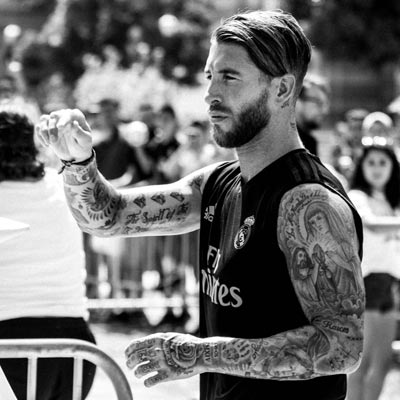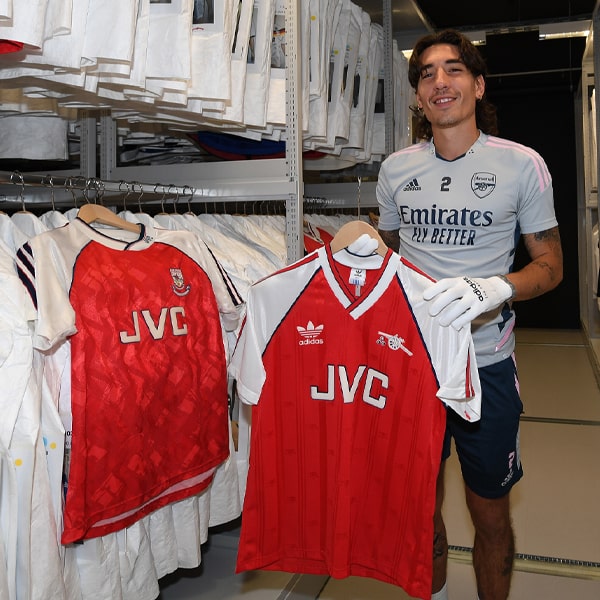Football News - Get Ready for Pre-Season! - Part 1 - 16/07/09

Over 90 minutes the average footballer runs approximately 10 kilometres, which makes football one of the most demanding sports in the world. For this reason a good pre-season is absolutely essential, and will undoubtedly make the difference during a game.
The modern game of football puts many demands on the players including; bursts of speed, ball control, agility as well as keeping cool and dry. So the SoccerBible is going to help get you into shape by letting you know how the professionals do it!
To help you prepare for the physical and mental challenges of the new season, SoccerBible will get you into peak condition with exclusive advice from one of the Premier League's top therapy managers - Chelsea FC's Jason Palmer...
| From the end of the season,how long do players have off before training starts for the next campaign? The majority of players will get about a month, depending upon international duty. Some players who have international games throughout the 'off' season will potentially get a little bit of extra time and come back a bit later, based on the fact that they need some more time to recover, mentally as well as physically. So when they're on their break, do you give them any specific exercises or programmes to follow? Historically we have, but it very much depends upon the individual and what they're doing in the off-season. For example, the international players will be training for the next few weeks, so they inevitably need some time off. People do lose fitness and strength fairly quickly. But, in the bigger scheme of things, their bodies need time to rest and to switch off. So when they're back with you in the early part of July, what would be the general structure of the players' training? It varies a great deal and very much depends on the philosophy of the manager and the training regime that he and the coaching staff want to implement. The bottom line of |
 |
pre-season is to prepare you to play. It very much depends on what your environment's going to be, recognising where you want to be at the end of pre-season and then working back to a position where you go 'ok, where is it safe for me to start'?
The concept is called Progressive Overload. If you do the same thing today as you did yesterday, you'll be exactly the same tomorrow. So each day you've got to stimulate yourself and recognise opportunities to recover, because recovery is essential - it's when you get stronger.
I'd say that the simplest way to look at it is over an eight week period. You'd start in the safer type of work with lower intensity, longer duration work and drills. Then as the time goes on, you're basically going to more functional football work.
It's good to try and be a little bit specific in someone's preparation. You can't expect a midfielder to get the same benefits out of the same activity as a striker. So it's about trying to tailor exercises to players' specific needs.
Ultimately then you only get out what you're prepared to put in and if you put a little bit more in before you start, then you'll get more out of the preseason and it's not as tough?
Yes, it's much easier for you to cope.
Join us tomorrow for the second part of our 'Get Ready for Pre-Season' special, where we'll hear more from Chelsea's Jason Palmer, and get some nutritional advice to optimise your performance and help you get to the top of your game!







